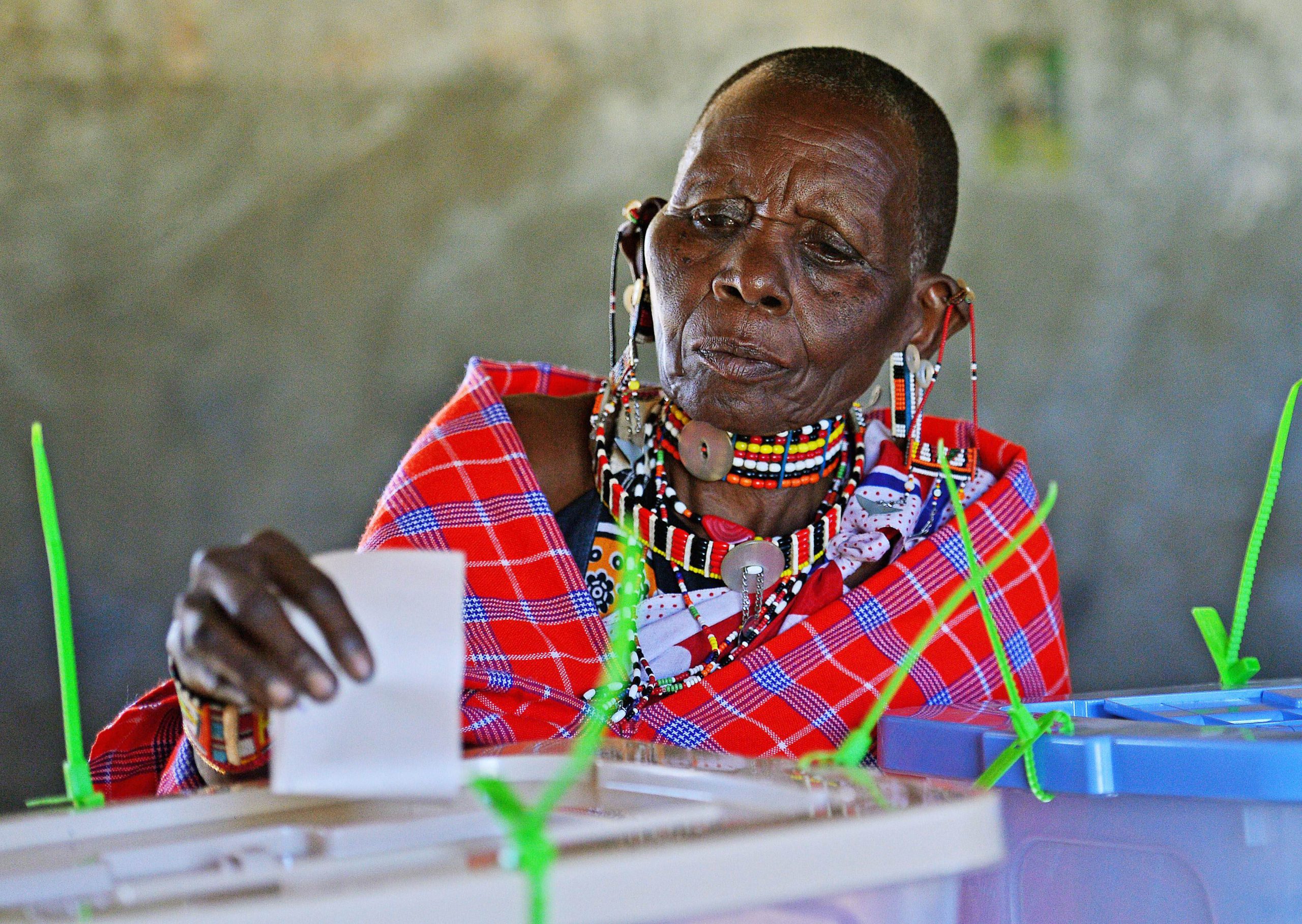
SECOND TIME’S THE CHARM?
Kenya holds rerun of presidential election

Today, Kenyans head to the polls, for the second time in three months, to elect a president. The August 8 vote—won by incumbent President Uhuru Kenyatta—was declared invalid by the country’s top court.
Last week, opposition leader Raila Odinga announced that, because of insufficient electoral reforms, he would boycott the re-run. His decision delegitimises the election and increases the likelihood of violence. To date, at least 70 protesters have been killed in the past 2.5 months.
The prolonged power struggle threatens East Africa’s biggest economy. Tourism, which accounts for almost 10% of the country’s GDP, took a massive hit after the violence following the 2007 election and is likely to do the same this year, should violence break out. Similarly, investors are delaying projects and consumers are putting off purchases; estimates suggest the economy lost over a billion dollars in September.
The situation is unlikely to improve unless Odinga concedes and urges his supporters to calm, something that’s not likely for the time being. Mr Kenyatta is now soundly expected to win.
CHECKS AND BALANCES
Fresh debate on the division of US war powers

Today, senators of the US Armed Services Committee will receive a confidential briefing on the deaths of four US soldiers in Niger earlier this month.
The deaths, along with a general lack of understanding of the US’ role in Niger, have reignited debate in the Senate over presidential war powers and the authorisation of military force.
Using presidential powers that allow military action against any state or non-state actors, the US presence in Africa has grown to include more than 6000 troops, 800 of which are in Niger, and span 53 countries.
In an attempt to claw back power from the Oval Office, Democratic Senator Jack Reed and Republican Senator John McCain are working on a proposal to strengthen the 1973 War Powers Act, which allows Congress to veto overseas military engagements.
While events in Niger have brought attention to the US military’s role in Africa, the limited time left for debate in Congress is likely to keep the question of war powers sidelined until next year.
JFK MURDER FILES
Final release of documents from JFK assassination investigation

Today, President Donald Trump is expected to allow the release of a final batch of documents relating to the 1963 assassination of US President John F. Kennedy.
Despite speculation from conspiracy theorists, the documents—approximately 3100 in total—are not expected to significantly alter the official FBI story that former Marine Lee Harvey Oswald acted alone when he assassinated the 35th president.
Hopes are high that the documents will shed light on US attempts to assassinate Cuban President Fidel Castro, the 1963 US-approved coup in South Vietnam and Oswald’s meetings with Soviet spies.
The information could be relevant today, with scrutiny on Russia for its interference in US elections and the rollback of relations between Cuba and the US.
Despite being non-instrumental in the release of said documents, Trump’s promotion of the event has served as a distraction from his controversial treatment of war widow Myeshia Johnson and the criticism surrounding his lack of progress in ‘draining the swamp’.
HAPPENING ELSEWHERE
ECB decision, Thai king cremated, German coalition talks continue

Investors will have a close eye on the European Central Bank’s monetary policy decision. President Mario Draghi is expected to provide details about changes to the Bank’s asset purchase program, which is designed to stimulate lending and boost economic activity.
US Defence Secretary Jim Mattis will attend a ceremony to cremate Thailand’s late King Bhumbiol, who died in October 2016. The country has observed a year of mourning for their former ruler, whose son took the throne 10 months ago. While the monarch’s role is mostly ceremonial, the position is highly respected by Thais and therefore commands significant influence.
The three parties in talks to govern Germany will finalise their position on Europe. The pro-business FDP, progressive Greens and Angela Merkel’s conservative CDU are said to oppose Emmanuel Macron’s plan for a common Eurozone budget.

